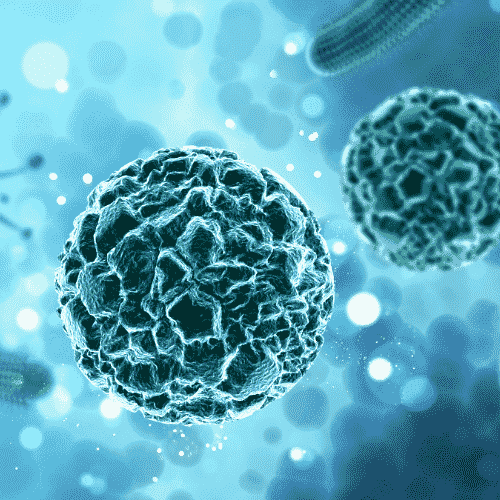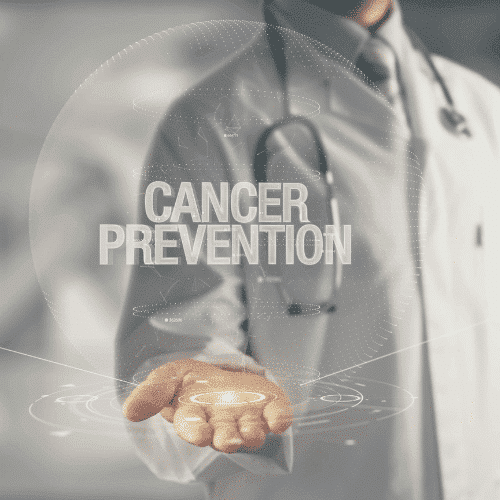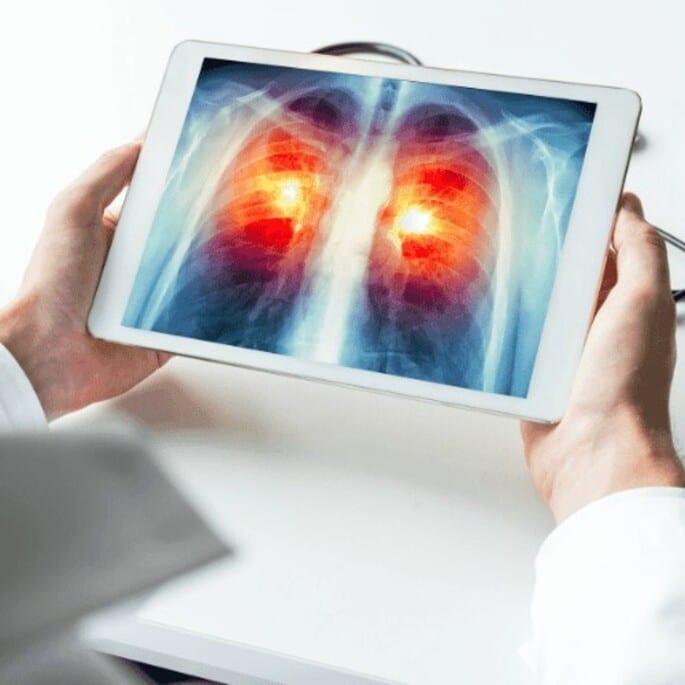Understanding Different Types of Lung Cancer

Navigating the complexities of lung cancer requires a deep understanding of its diverse subtypes, each demanding tailored approaches for effective therapy. This article delves into the distinct characteristics and therapy considerations for various lung cancer types. Non-Small Cell Lung Cancer (NSCLC) encompasses adenocarcinoma, often found in nonsmokers and younger individuals; squamous cell carcinoma, linked to smoking; and large cell carcinoma, known for rapid growth. Options range from surgery and targeted therapies to chemotherapy. Small Cell Lung Cancer (SCLC), characterized by rapid growth and early spread, predominantly calls for chemotherapy and radiation therapy. Embracing personalized care is pivotal, and collaboration with healthcare professionals ensures the most suitable therapeutic path for optimal outcomes in the ever-evolving landscape of lung cancer care. To explore innovative therapies like immunotherapy with Dendritic Cells.
Lifestyle Choices to Reduce Lung Cancer Risk: Tips for Prevention

Taking a proactive approach to lung cancer prevention can significantly impact individuals and their families. This article delves into actionable strategies to minimize lung cancer risk. Quitting smoking, reducing exposure to secondhand smoke, and avoiding air pollution are paramount. Embracing a healthy diet, regular exercise, and moderate alcohol consumption contribute to prevention. Additionally, safeguarding against radon exposure, the second-leading cause of lung cancer, is crucial. Empowered by informed decisions and mindful lifestyle choices, individuals can effectively reduce the risk of lung cancer and prioritize their well-being.
Coping with a Lung Cancer Diagnosis: Navigating the Emotional Journey and Building Strong Support Systems

A lung cancer diagnosis initiates a profound emotional journey not only for patients but also for their loved ones. Emotions such as fear, anxiety, and sadness often accompany this news, affecting mental well-being and quality of life. Family members experience their own emotional challenges, including caregiver stress and helplessness. This article explores the emotional impact of living with lung cancer, emphasizing the significance of support systems and coping mechanisms.
Promising Immunotherapy Approaches in Lung Cancer Therapy: Dendritic Cell Therapy

Traditional approaches to combat cancer such as surgery, chemotherapy, and radiation therapy have been the primary options in the battle against lung cancer for many decades. However, in recent years, there has been a surge of interest towards immunotherapy, a revolutionary approach that harnesses the body’s immune system to combat cancer cells. One such promising immunotherapy approach is Dendritic Cell Therapy, which shows considerable potential for enhancing the body’s ability to fight lung cancer. This form or immunotherapy is cell-based and completely natural, not using any chemicals and therefore not harming the patient’s body. In this article, we will explain what Dendritic Cell Therapy is and its potential role in lung cancer therapy, with information sourced from reputable medical journals and clinical studies.
Breast Cancer: Recognizing Symptoms and Risk Factors

Breast cancer is a prevalent disease that primarily affects women worldwide. This article provides essential information about early detection, risk factors, and preventive measures associated with breast cancer. By understanding the signs and symptoms, recognizing risk factors, and taking proactive steps, individuals can prioritize their breast health and work towards prevention. Regular self-examinations, clinical screenings, and adopting a healthy lifestyle are key factors in promoting breast health and reducing the risk of breast cancer.
Exploring the Impact of Breast Cancer: Implications and Advances in Treatment

This article explores the wide-ranging impact of breast cancer, shedding light on the emotional and psychological effects it has on patients and their families. It emphasizes the significance of early detection through regular self-examinations, clinical breast exams, and mammograms, highlighting the importance of timely intervention for improved treatment outcomes





